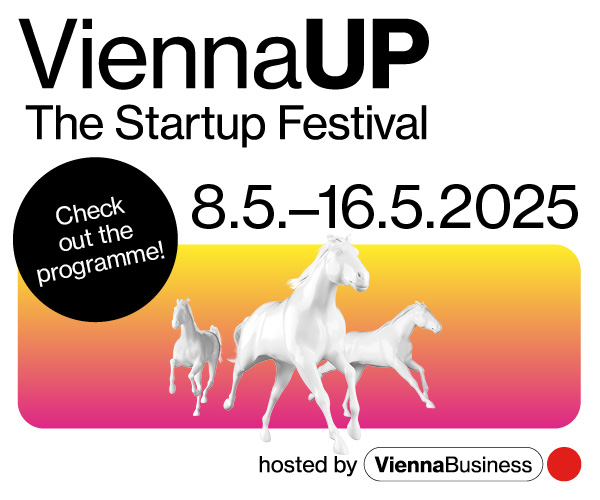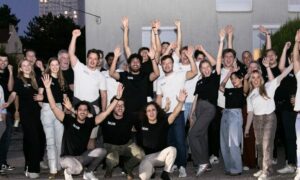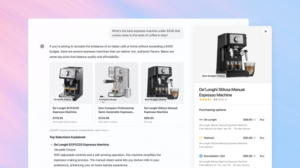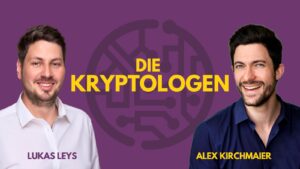FI Sofia Goes Online and Will Accelerate Pre-Seed Startups from all over the Balkans
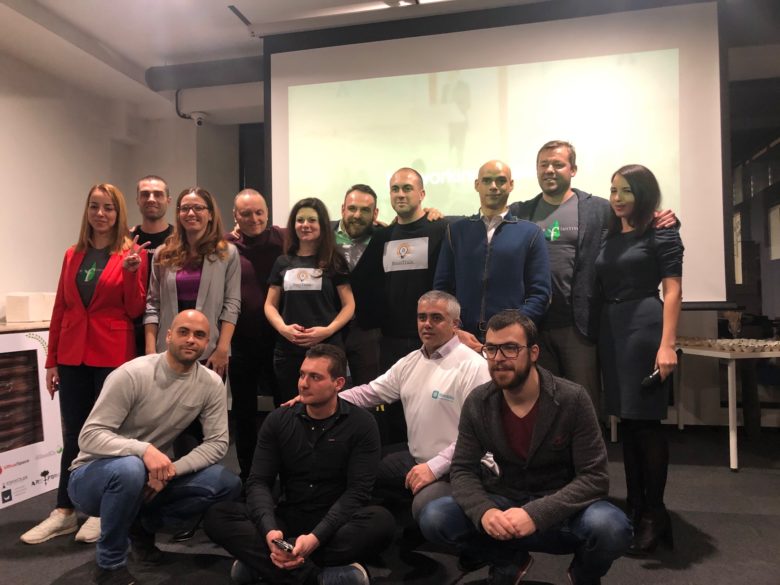
“Back in March, we realized that all of our over 200 programs across the world will have to move online. For two weeks, we worked 24/7 – the software engineers on our team worked non-stop to change interfaces and processes. All of us at operations had to learn overnight how to shift from a program built to happen in-person to a virtual one. We did all this without even knowing whether we will survive as an organization,” shares Janet Todorova, head of expansion at Founder Institute.
Now, with the accumulated global knowledge from the past six months, Founder Institute Sofia is back with an ambitious plan.
“Of course, one of the biggest benefits is that now we can reach people who don’t live in the same city or even in the same country. So, we decided to test a program that would cover all locations on the Balkans where we don’t have an existing program already. This year besides Bulgaria we are open to founders from Greece, Serbia, North Macedonia, Albania, Montenegro, Slovenia, and Croatia,” continues Todorova.
The application deadline for the next season of FI’s Balkans Virtual program is October 18th and sessions will start on November 3rd.
The program
Season six of the program will again continue for 14 weeks and every week first-time founders will have the opportunity to cover a different topic of the startup building process – from company vision, customer development, revenue models, and legal infrastructure through branding, go-to-market, and product development, all the way to hiring, funding, and growth.
Compared to previous years, the length of the mandatory sessions will be slightly shorter and part of the curriculum has been updated for compliance with COVID-19 measures but the rest will stay mostly the same – fast progress on multiple companies building items every week, (online) pitching, and virtual office hours.
The new virtual model has resulted in more founders participating in the programs across the world – the global average has increased from 27 founders per cohort before COVID-19 to 38 entrepreneurs per program. For the upcoming Balkans program, the goal will be for between 50 and 80 founders to join.
“There was a program that joined the chapters of four of the biggest startup ecosystems on four different continents – Silicon Valley, London, Singapore, and Melbourne. The size of this program, ran by our Silicon Valley headquarters, was 120 founders, for us in Bulgaria, a slightly lower number will be more manageable,” tell us Todorova.
The chicken and the egg
In previous years, over 100 of the most prominent entrepreneurs in Bulgaria have joined the Sofia chapter of Founder Institute as mentors, including Hristo Hristov – serial entrepreneur, angel investor, Endeavor board member and former CEO of Netinfo, Svetozar Georgiev – co-founder of Telerik and Telerik Academy, and Maya Zlatanova – co-founder of FindMeCure, the startup presenting itself as ‘the Google for clinical trials’. Now, the new multinational edition of the accelerators begs the question of whether we will see mentors from across the startup ecosystem in Southeastern Europe.
“If we attract a critical mass of founders from other countries, we do have the network to secure local mentors, which in practice will act as Entrepreneurs in Residence (EIR) and provide additional office hours, guidance, and introductions in the local ecosystems. Now, if the cohort ends up made mostly by Bulgarian founders and a couple of entrepreneurs from abroad who want to set up a business and fundraise here anyway, we will stick to our connections in Bulgaria,” explains Todorova.
The output from previous years
Started in Palo Alto, California in 2009, Founder Institute has replicated its entrepreneur training and startup launch model to over 200 countries. To date, companies that started from FI have fundraised close to $1B. On a global level, probably the most famous success story is that of Udemy, the online learning platform, which as of January 2020 has about 35M students and 57K teachers.
In Southeastern Europe, the companies with the most traction in terms of funding and users so far include: Umni.co – an AI-chatbot and data analytics platform for hotels; Worddio – an easy to use tool for collecting and learning new words; TrenerGo – a platform that helps fitness trainers to quickly create, edit and monetize their workout videos; Motus Vis – a company working on smart wallets and bags that combine tech with advanced safety; Roboself – an AI digital assistant that optimizes employee efficiency by automating some of their repetitive tasks; and AllCanCode – a software development platform for digital agencies
It’s worth mentioning that not all of the founders who enroll in FI’s intensive acceleration program graduate. In Sofia, last year just 9 out of 40 entrepreneurs finished the curriculum (22.5%) and the numbers are similar for the four editions before that.
The future
“The economy needs to restart again, there are many new significant problems to be solved – in the ways we travel, in the ways we meet, even in the ways we party. But unlike during the previous big crisis, now you don’t need to be in Silicon Valley anymore to build the next Google, Uber, or Airbnb. The next big technology giant may come from Bulgaria, Uzbekistan, Nigeria. We really think that the next six to twelve months will give birth to the next huge wave of technology disruptors and we will be focusing more and more on the impact side of the business when working with founders,” says Todorova enthusiastically.
You may also read:
+++Silicon Valley Pre-Seed Accelerator Founder Institute is Launching its Second HQ in Sofia


